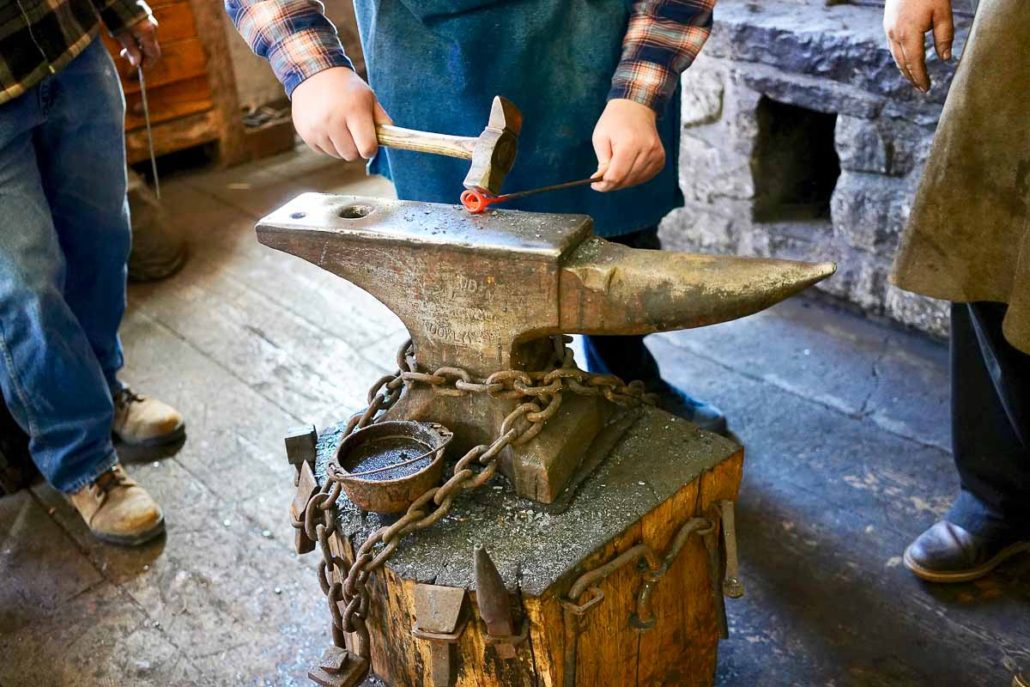Applications Being Accepted for the Young Interpreter Apprenticeship Program This Summer at The Farmers’ Museum
Cooperstown, New York — Since 1993, the Young Interpreter Program at The Farmers’ Museum in Cooperstown has enabled young people to work side-by-side with the museum’s talented craftspeople at various sites including the Blacksmith Shop, Lippitt Farmhouse, Middlefield Printing Office, and Westcott Shop. In this apprenticeship program designed for young people ages 12-14 (as of May 1, 2023), participants learn about America’s past, develop lifelong skills based on trades and crafts common to ordinary people of rural 19th-century New York State, and share their newfound knowledge with museum visitors.
Ages 12-14 must apply by May 20th
To apply, please submit a one- to two-page essay (400-800 words) expressing your interest and detailing the reasons why you want to be a Young Interpreter.
Essays must be received by May 20, 2023. Candidates will be notified of acceptance by mid-June. Young Interpreters are expected to work one day a week for a period of eight consecutive weeks starting the last week in June and ending the last week in August. Find all the details at FarmersMuseum.org/young-interpreters. If you have questions, please contact Patrick MacGregor at (607) 547-1527 or e-mail p.macgregor@farmersmuseum.org.
About The Farmers’ Museum
As one of the oldest rural life museums in the country, The Farmers’ Museum in Cooperstown, New YorkThe Farmers’ Museum in Cooperstown, New York, provides visitors with a unique opportunity to experience 19th-century rural and village life first-hand through authentic demonstrations and interpretative exhibits. The museum, founded in 1943, comprises a Colonial Revival stone barn listed on the National Register for Historic Places, a recreated historic village circa 1845, the Empire State Carousel, and a working farmstead. Through its 19th-century village and farm, the museum preserves important examples of upstate New York architecture, early agricultural tools and equipment, and heritage livestock. The Farmers’ Museum’s outstanding collection of more than 23,000 items encompasses significant historic objects ranging from butter molds to carriages, and hand planes to plows. The museum also presents a broad range of interactive educational programs for school groups, families, and adults that explore and preserve the rich agricultural history of the region.



